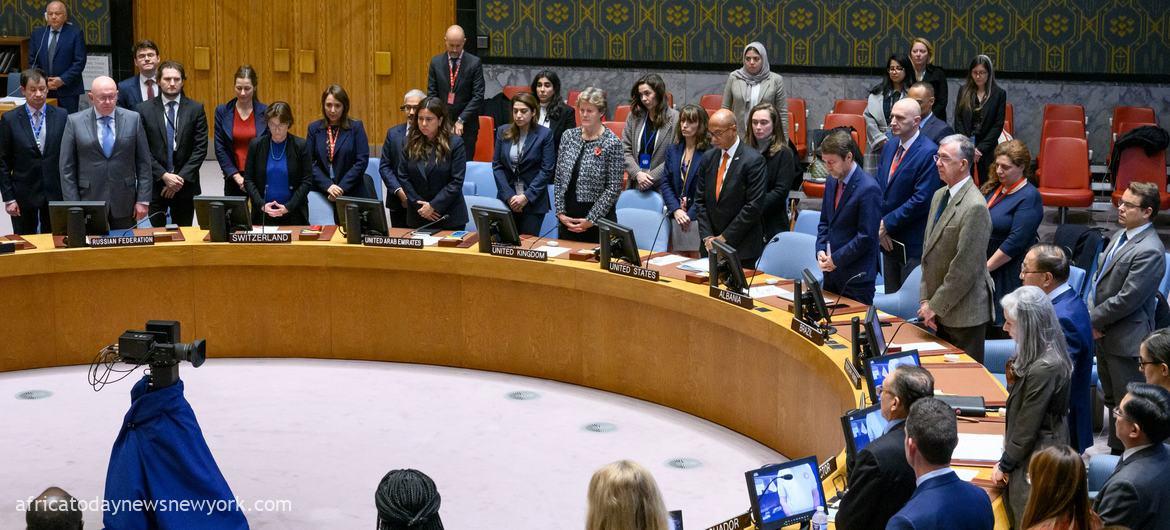The United Nations, on Tuesday, raised concerns about the Infeasibility of setting up safe zones for civilians to seek refuge within the Gaza Strip amidst Israel‘s bombing campaign.
Initially concentrating its offensive on the northern territory, Israel has expanded its military campaign, distributing leaflets in southern parts, instructing Palestinian civilians to relocate to safer areas.
‘The so-called safe zones… are not scientific, they are not rational, they are not possible, and I think the authorities are aware of this,’ James Elder, spokesman for the UN children’s agency UNICEF, told reporters in Geneva via video-link from Cairo.
His remarks coincided with Israeli troops deepening their offensive in the besieged area, engaging in battles with Hamas militants in the southern Gaza Strip.
Israel officially declared a state of war against Hamas following the October 7 attacks, where 1,200 people, mostly civilians, were killed, and approximately 240 hostages were taken, as reported by Israeli authorities.
Pledging a decisive response to the worst attack in its history, Israel has declared its intent to eradicate Hamas and secure the release of all hostages held in Gaza.
Read also: Israel, Palestinians Accuse Each Other Of Genocide’ At UN
Almost 15,900 people, as reported by the Hamas-run health ministry in Gaza, have lost their lives in the ongoing war in the territory, with approximately 70 percent of them being women and children.
As Israel’s offensive pushes deeper into Gaza, international aid organisations have warned that civilians in the densely-populated territory are running out of places to flee to.
Elder insisted that the safe zones declared by Israel ‘cannot be safe nor humanitarian when unilaterally declared’.
The pretence that there is somewhere safe for people to flee to is “callous”, he said.
He stressed that in a proper safe zone, ‘you can guarantee the conditions of food, water, medicine and shelter’.
Elder, who spent the past week or so in Gaza, stressed that none of that is assured in the areas designated as safe zones.
‘These are entirely, entirely absent. You cannot overstate this. These are tiny patches of barren land, or they are street corners, they are sidewalks,’ he said.
‘There is no water, no facilities, no shelter from the cold and the rain (and) there’s no sanitation.’
Elder pointed out that in the overcrowded shelters that most of the displaced in Gaza have flocked to there had been around one toilet for every 400 people.
‘Now remove those people and put them in… the so called safe places. It’s tens of thousands of people without a single toilet — not one — no clean water, nothing to drink,’ he said.
‘Without water, without sanitation, without shelter the so called safe zones risks becoming zones of disease.’

